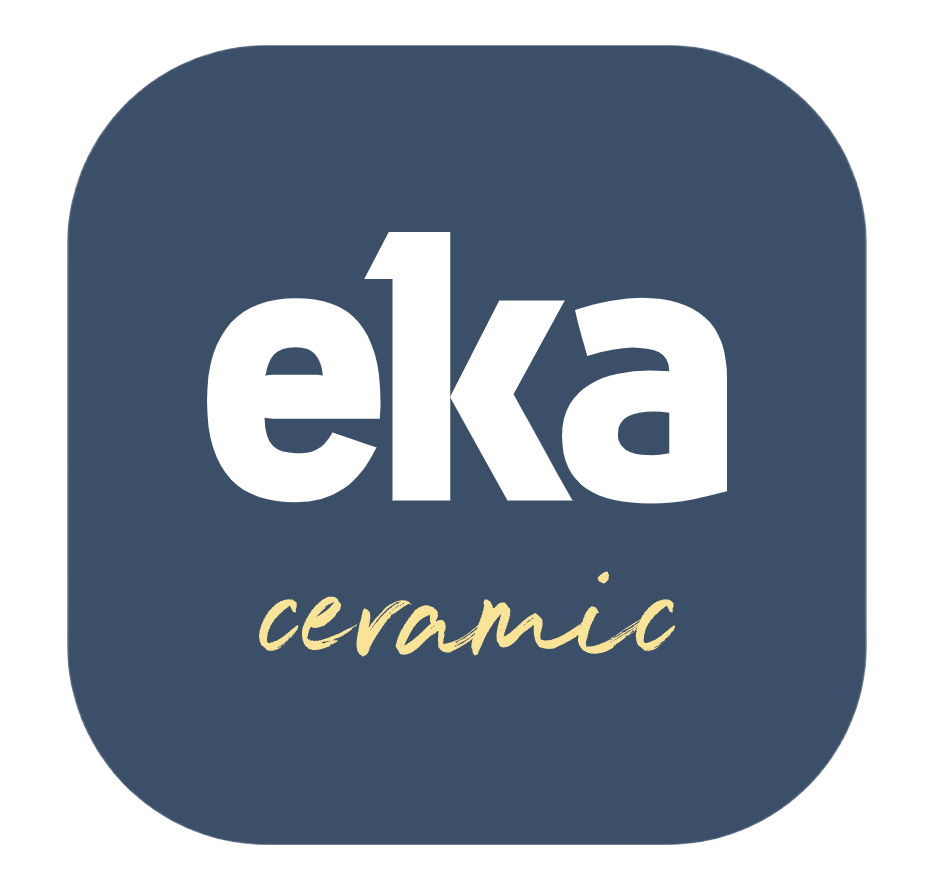In today’s hospitality industry, first impressions go far beyond the hotel lobby or concierge service. What’s on the table—literally—has become a crucial extension of a hotel’s brand identity. For upscale hotels, ceramic tableware isn’t just about holding food; it’s about expressing aesthetics, culture, and commitment to detail.
In this article, we’ll explore six powerful ways ceramic tableware influences hotel branding. We’ll also include real-world brand examples, a comparison table, and helpful insights to guide hospitality buyers in selecting the right tableware for their property.
1. Enhancing Brand Identity: Tableware as a Design Language
Many hotel designers aim for a consistent visual language throughout the property—and tableware is a subtle yet powerful medium to extend that narrative. High-end custom ceramic tableware can mirror the color palettes and material textures used in guest rooms, lounges, and dining areas, reinforcing a cohesive and immersive experience.

Matte-finish ceramic plates
-EKA Ceramic

Celadon or white porcelain tableware
-EKA Ceramic
For instance, hotels with minimalist architecture may lean toward unglazed, matte-finish ceramic plates, while those inspired by Asian serenity might prefer celadon or white porcelain tableware reminiscent of Song Dynasty aesthetics.
2. Elevating Guest Experience: Touch and Emotion Combined
The moment a guest touches a ceramic bowl or cup, they instantly feel a difference. Unlike plastic or stainless steel, premium ceramic tableware feels warm, smooth, and comforting, offering superior heat retention and dining pleasure.
More importantly, with today’s diners eager to share meals on social media, beautiful tableware becomes a tool for brand visibility. A well-designed ceramic plate often ends up in user-generated content, spreading your brand’s identity organically.
3. Expressing Brand Personality: Tableware Reflects Hotel Character
Different ceramic styles evoke different moods. Below is a comparative table featuring five notable hotel brands and how their ceramic tableware choices support their identity:
Nordic Minimalism
– Zoku hotel


Urban Contemporary
– Revo hotel
| Hotel Brand (Country) | Tableware Style | Product Features | Brand Alignment |
|---|---|---|---|
| Zoku Hotels (Netherlands) | Nordic Minimalism | Matte white ceramics, clean lines | Matches the flexible, work-life hybrid design ethos |
| Ryokan SUI (Japan) | Zen-Inspired Craft | Hand-thrown ceramics, natural glaze | Communicates traditional Japanese serenity |
| Singita Lodges (South Africa) | Eco-Luxury | Tribal motifs, earthy tones | Reinforces “sustainable safari luxury” branding |
| Casa Cook Hotels (Greece) | Boho Chic | Color-glazed, textured pottery | Emphasizes artistic, slow-living vacation vibes |
| Rove Hotels (UAE) | Urban Contemporary | White enamelware with gold rims | Appeals to trendy young urban travelers |
From this comparison, it’s clear that ceramic tableware is part of a hotel’s storytelling, not just tableware.
4. Boosting Social Media Appeal: Instagram-Ready Ceramics
Today’s guests are eager to post their experiences on Instagram, TikTok, and Xiaohongshu. That means every table setting should be visually compelling enough to encourage user-generated content (UGC).

Artisanal-style plates and textured ceramic mugs not only look unique but also help hotels cultivate a strong presence online. Many boutique hotels are now investing in custom ceramic sets specifically to enhance shareability and establish a visual signature.
5. Promoting Sustainability: Ceramics as a Conscious Choice
As eco-consciousness continues to influence consumer behavior, ceramic tableware is gaining favor for its sustainability. Compared to plastic or coated metal alternatives, ceramic is natural, long-lasting, and fully biodegradable.
Many eco-friendly hotels are turning to lead-free, low-fire ceramics with natural glazes to convey their commitment to sustainability, offering guests both beauty and peace of mind.
6. Supporting Cultural Storytelling: Tableware as a Local Symbol
For boutique or heritage-themed hotels, tableware often serves as a cultural conduit. A South American resort might choose brightly painted majolica ceramics to reflect local craftsmanship, while a Middle Eastern hotel may opt for Arabesque-style porcelain to evoke regional tradition.
Ceramic tableware is more than a dining tool—it’s a symbol of visual culture that can help hotels distinguish themselves in the global market.
FAQ: What People Also Ask About Ceramic Tableware in Hotels
Q1: What should hotels prioritize when choosing ceramic tableware?
A1: Beyond aesthetics, durability and ease of cleaning are crucial. For high-traffic hotel restaurants, high-fired ceramics are recommended.
Q2: Can ceramic tableware be customized for small batch hotel orders?
A2: Yes, many manufacturers offer OEM & ODM services with options for logo imprinting, custom colors, and patterns—even for lower quantities.
Q3: How does ceramic compare to glass or stainless steel in hospitality settings?
A3: Ceramic is better for visual impact and cultural expression, while glass or stainless steel may be more suitable for outdoor or casual environments.
Q4: How can hotels use tableware to convey brand identity?
A4: Through materials, textures, and design motifs that align with interior themes, helping to immerse guests in the brand experience.
Q5: Which regions favor ceramic tableware in hospitality?
A5: Hotels in Europe, Japan, and the UAE particularly value ceramics for their cultural resonance and luxurious appeal.
Conclusion: From Table Aesthetics to Brand Impressions
Ceramic tableware is more than just a set of plates—it’s a powerful storytelling tool. It holds not just food but also a hotel’s values, aesthetics, and promise of quality. For hotel buyers, it’s critical to assess whether the chosen tableware aligns with your brand narrative, supports your visual strategy, and offers eco-conscious value.
If you’re sourcing custom ceramic tableware for hospitality projects, numerous experienced manufacturers in China provide OEM and ODM services, offering end-to-end customization to help hotel brands build their signature dining experience.
One such manufacturer specializes in ceramic tableware production and works closely with global home and kitchen brands to deliver tailored solutions for hotels, gift companies, and cross-border e-commerce sellers. Whether you’re seeking mass production or small-batch brand customization, they can offer the expertise and flexibility your project demands.

